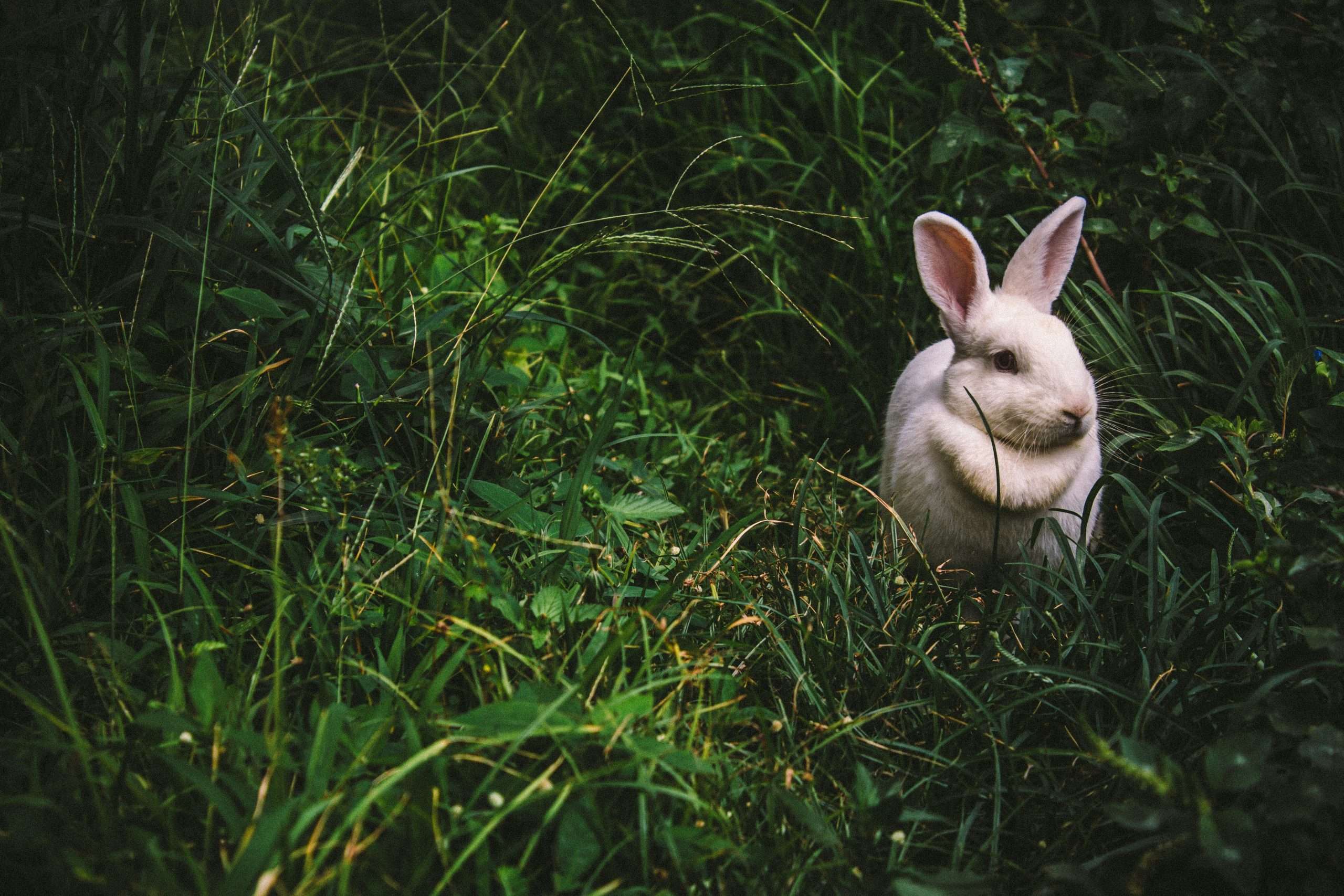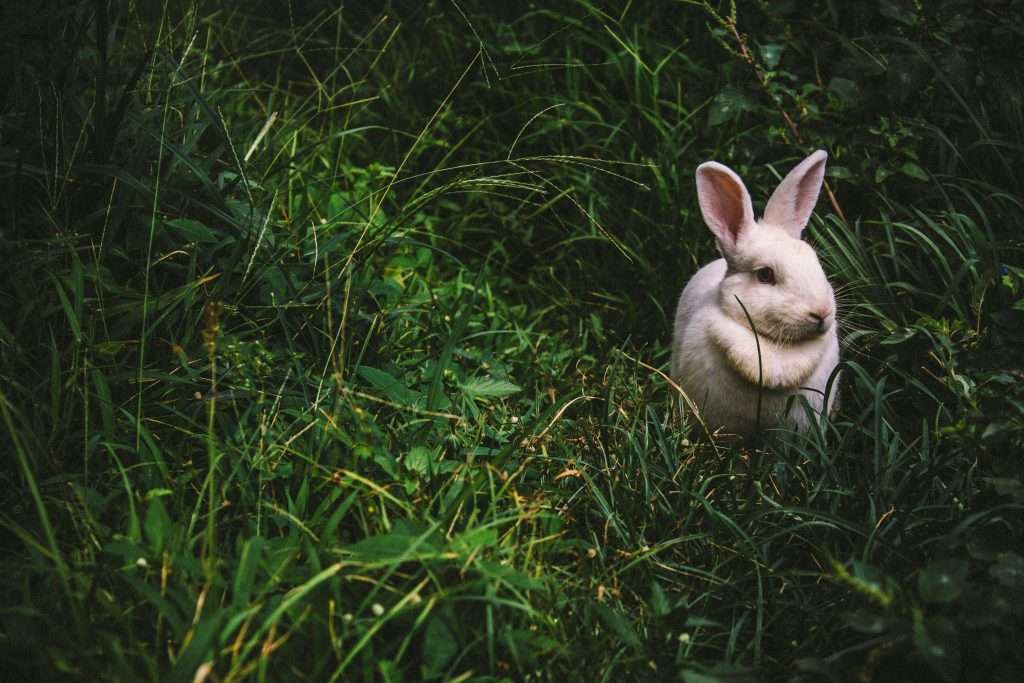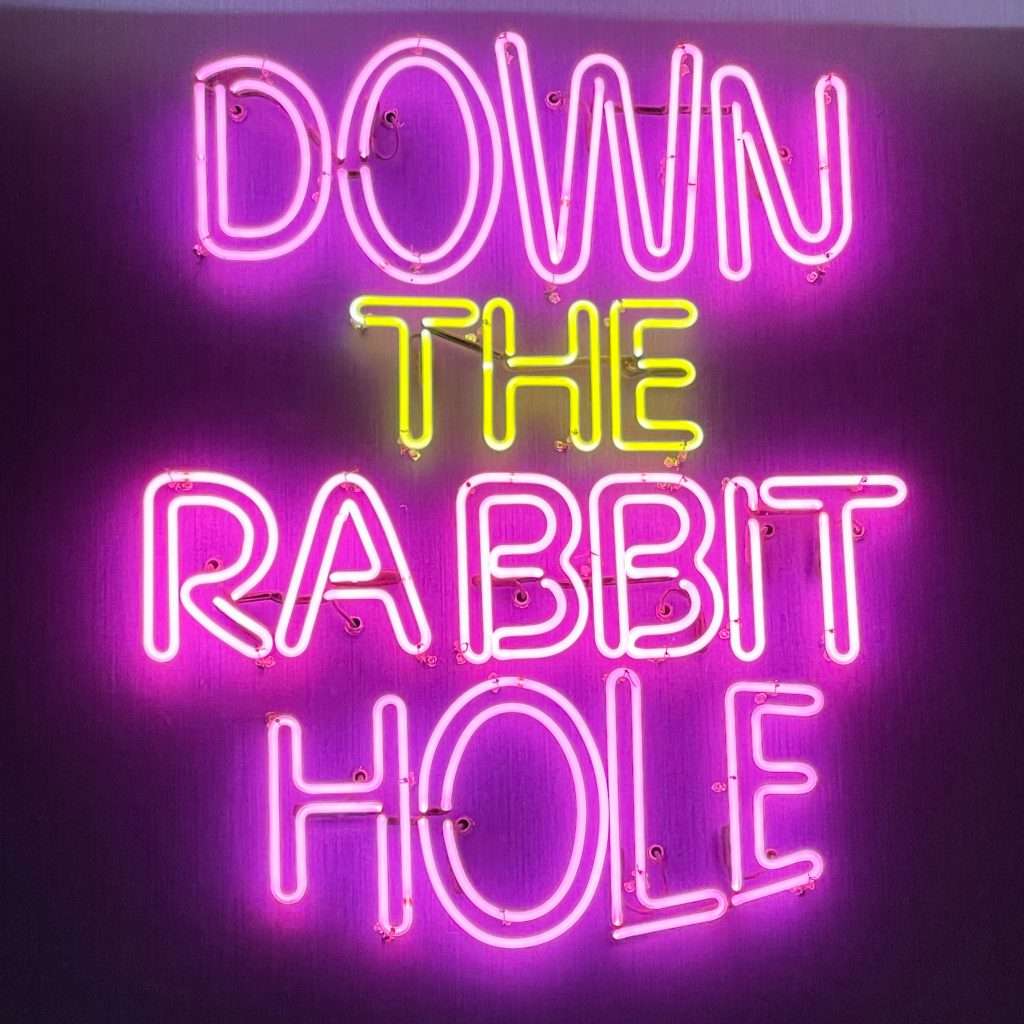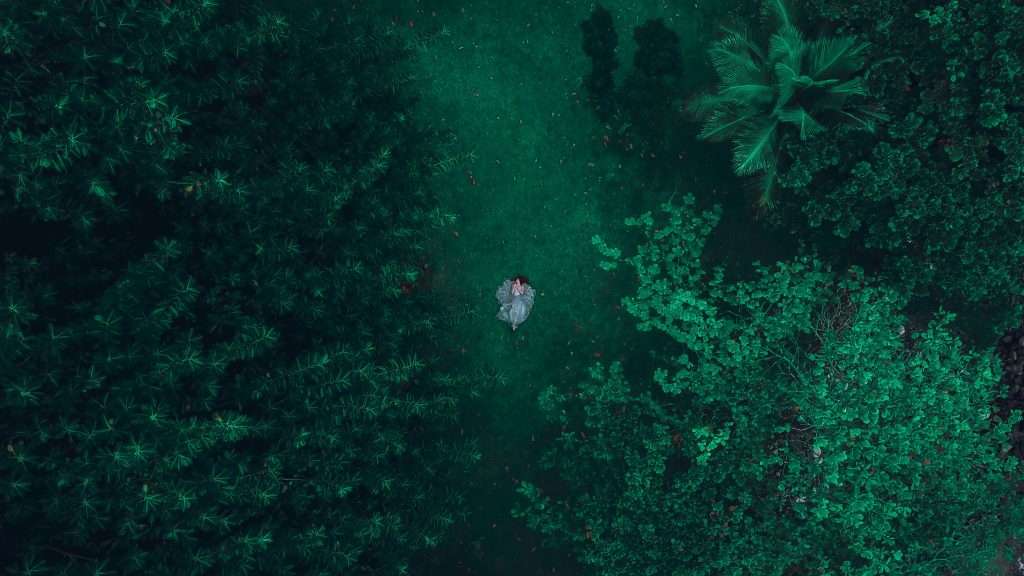We’ve implemented some new protocols around sending us messages via this website. Please email website “at” britishfantasysociety “dot” org for any issues.

For all things fantasy, horror, and speculative fiction
-
Announcement:

The Research Rabbit Hole, or, Great Big Useful Cheating Devices
Kit Whitfield has some tips to stop you follow the white rabbit too far down that research hole…

One of the good things about writing fantasy is that you can hide your ignorance. Want epic battles but don’t know the history of the Hundred Years War? Okay, your conflict is going to be the Century of Sword and Griffin. Mary has to flee the misunderstanding at Bath but you’re not sure how you’d get a character from one Regency town to another? No problem: this is Manners and Magery and she can get that Empire-skirted booty on a broomstick. The Duke’s keep must fall but you have no idea how siege engines work? Weather magic, baby. There are many, many reasons to write fantastical things, but we’d be fibbing if we denied there are times when it’s a great big useful cheating device.
You know, I intended to write that paragraph off the top of my head. But somehow my search history now includes the dates of the Hundred Years War, which animal combination is a griffin and which a chimera, the question of whether ‘Empire skirt’ passes as a way to convey an Empire-waist dress, and exactly what part of a castle the keep really is.
This article ran off before I could even get started.
We talk about falling down a ‘research rabbit hole’, but the other lagomorphic proverb that’s on my mind is the one about ‘setting a hare running’. Ideas can dash off in all directions, and the writer follows them like a rogue hoover, sucking up all possible knowledge on the way.
And yes, I did double-check the word ‘lagomorph’. It includes rabbits and hares, and also pika. Go look up pika, they’re interesting, and no I will not get this article done if I look into where they place on the evolutionary tree compared with the hamsters they resemble.
Seriously, guys.

The thing about fantasy is that it’s a genre of place, of texture, of being there. You can make up any old thing you like, but then you have to be convincing. People like to talk about plot holes and logical inconsistencies but most readers will forgive a lot as long as they’re enjoying the ride – but here’s what they won’t forgive: something they can’t see. If it doesn’t feel right, then they remember the fact that it isn’t true.
But if it feels like something they’ve experienced with their own senses? Why should they question it? They’ve already witnessed it.
Let’s take an example – or to put it more honestly, let’s play. Need to cross big distances and look badass? You can say the hero rides a dragon if you like and hope the readers will be happy – but if you want to be sure of it? Put their hand on the dragon’s back.
How do those scales feel?
Well, how would they feel? It has to be aerodynamic, right, so let’s look up those air-surfing snakes you get in Southeast Asia. Find some pictures. Hm: the body flattens out and forms a kind of paper-plane arrangement while our dragon has wings, but the idea of skin being flexible to maximise upward thrust is still kind of cool, so allow for that. Forget the jagged scales you might expect on a mighty beast: let’s say they’re small and smooth so they can slide over each other. And the skin would have to be a little loose over the muscles, right? But those muscles would be huge, wouldn’t they? Hang on, let’s look at really big flying birds to get a comparison . . . well, the largest seems to be the wandering albatross, so let’s get some images. Hm, they’re actually all feather and bone, which makes sense now you think about it because muscles are heavy and that’s a problem for flight.
Now we have a dragon with flexible skin over hard, hard bone, very smooth with no give at all. Okay, time to research saddles because you’d want some serious padding if you wanted to be able to walk at the end of the ride on that thing – and while you’re on the subject, what about those old sailor superstitions about it being unlucky to kill an albatross? Maybe in places where they’re only seen from a distance there could be some superstitions about dragons, and ooh, what if some of them are true things the hero with his dragon-riding culture doesn’t know because he only knows the domesticated dragons and not the wild ones – hm, are there differences between feral Dartmoor ponies and breedy horses? – and oh yeah, you’ve got to get him to the cliff-dwellers of Dragons Far Away so we can have a culture clash scene, and hang on, would they be cliffs?
. . . By the end of the day you’re going to know a lot more about vertebrate anatomy, folklore and geography than you started with. But in a tiny, weird sort of way.
Making up rules as you go along
I wasn’t lying when I said that we make up rules to get around the things we don’t know, but then historical novelists also exist. Probably many of us know and love some. If you don’t know something, you are allowed to research it; you can get very knowledgeable, in fact. Those clever historical novelists seem to do it all the time. But the thing about them is that they research properly: they have to know a solid amount about a single subject, and it can’t be one they pick on impulse mid-paragraph. They have discipline.
Fantasy, though? You can skitter all over the place, following whatever living subject happened to catch your eye like you’re a ferret, and yes I do have an experience day with ferrets booked for research purposes as I write this. Half the reason writing is so much fun is that it allows you to learn an unnecessary amount about pretty much anything. But there’s different ways of doing it.
When it comes to fiction, people like to talk about the ‘planners’, who build a plot first and then write the book based on it, and the ‘pantsers’, who fly by the seat of their pants and make it up as they go along. I really wish there was some other word than ‘pantser’, because I am absolutely in that category but I’m also English and over here the word ‘pants’ either means ‘underwear’ or ‘rubbish’, and when you make things up as you go along then ‘exposed and possibly terrible’ is a feeling you already have in good supply. But I really would be interested to know if I’m right in this speculation: planners are likely to know their research subjects in advance, while pant improvisers are likely to rush off and do a quick bone-up mid-paragraph because it suddenly occurs to them that there’s ideas in them thar rabbit holes.

Everyone is likely to have their own rhythms of research, and everyone their own favourite resources. Me, I grab ideas fast and run with them, so mine tend to be quick-response sources. Etymology Online is a tab always open in my browser, for instance, because when you’re writing dialogue set in the past, you don’t have to be completely period authentic but you should absolutely try to avoid words that hadn’t been invented yet. (An eighteenth-century gentleman saying ‘Okay’ just clangs. And ‘hello’ as a greeting only rose with the telephone, top tip.) YouTube is a resource for many things, but in particular you can watch something unusual happen: that’s how I got to see exploding trees and what it looks like when a barn burns down without getting myself arrested. Different books had different favourite sites.
For the more patient, of course, it becomes a question of books. Sometimes second-hand books (bookfinder.com is the place), because if your subject is properly obscure then it won’t stay in print for ever. There’s the reading. There’s the note-taking. There’s the feeling that somehow this is lollygagging because it isn’t adding to your wordcount. I do that too, but I’d bet a small sum that people who like to plan their plots do it more respectably – and I’d really like to know if I’m right.
But for all of us, finally there’s the point where you know enough to fake it and it’s probably time to stop. You have deployed the other great big useful cheating device: knowing what you’re talking about just enough. And possibly a little more than you show, because putting your reader through all that? Come on.
So I’m interested to know: how do you research? Random or organised? Deep dive or wide range? And how does it fit with the rest of your writing patterns?
One thing I think is true for everyone, though: writing reminds us how many interesting things there are in the world. A writer can have many vices, but the one they absolutely cannot afford is incuriosity. Research is work, but it isn’t just a slog: what we write is hugely influenced by what we think would be interesting to learn about. If you’re into military technology or police procedures there are genres for you, but what I love most about writing fantasy is that it’s an excuse to research pretty much whatever catches your eye. You’re building a place that can’t exist and making it tangible; a vivid fantasy novel is probably a magpies-nest of research on a hundred different parts of the real world.
And no, real magpies do not keep shiny things in their nests. I looked it up.

Additional images: Meghan Hessler and Tim Hüfner on Unsplash
Meet the guest poster
Explore the blog:
Blog categories:
Latest Posts:
Tags:
#featured (56) #science fiction (25) Book Review (264) events (44) Fantasy (231) Graphic Novel (13) horror (136) Members (62) Orbit Books (48) profile (43) Romance (17) Science Fiction (50) short stories (28) Titan Books (52) TV Review (15)
All reviews
Latest Reviews:
- THE HOUSE ON THE BORDERLAND by William Hope Hodgson
- Monstrum by Lottie Mills
- Mood Swings by Dave Jeffery
- Yoke of Stars by R.B. Lemberg
- Hera by Jennifer Saint
- The Black Bird Oracle by Deborah Harkness
- RETURN OF THE DWARVES By Markus Heitz
- Delicious in Dungeon
- Toxxic by Jane Hennigan
- THIS ISLAND EARTH: 8 FEATURES FROM THE DRIVE-IN By Dale Bailey
Review tags:
#featured (2) Action (4) Adventure (4) Book Review (28) Fantasy (18) Featured (2) Feminist (2) Gothic Horror (3) Horror (14) Magic (3) Orbit Books (3) Romance (6) Science Fiction (5) Swords and Sorcery (2) Titan Books (7)
